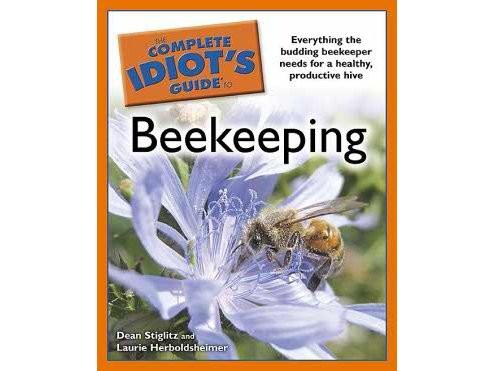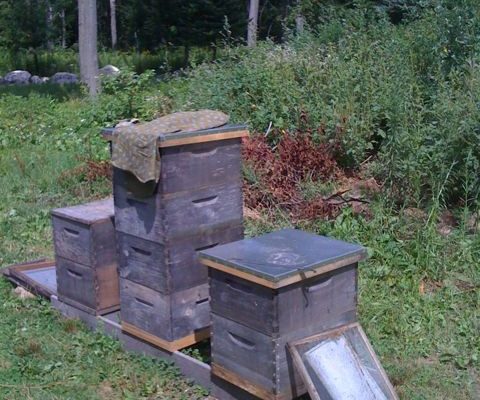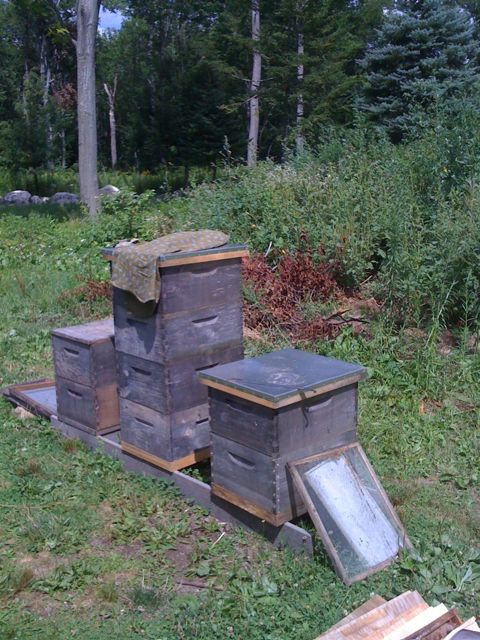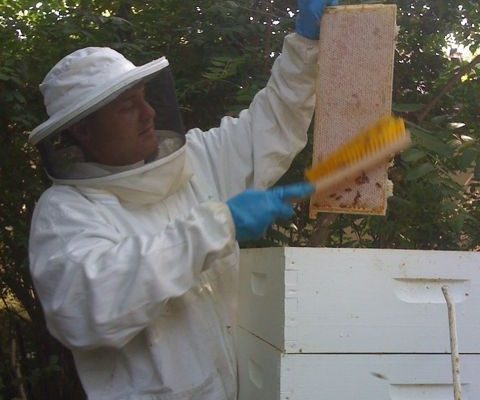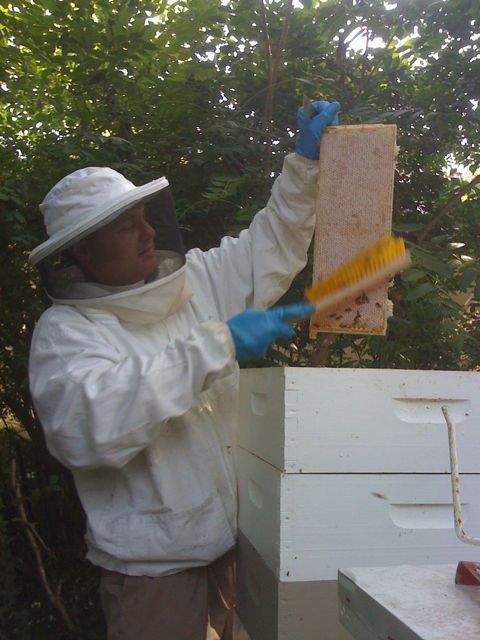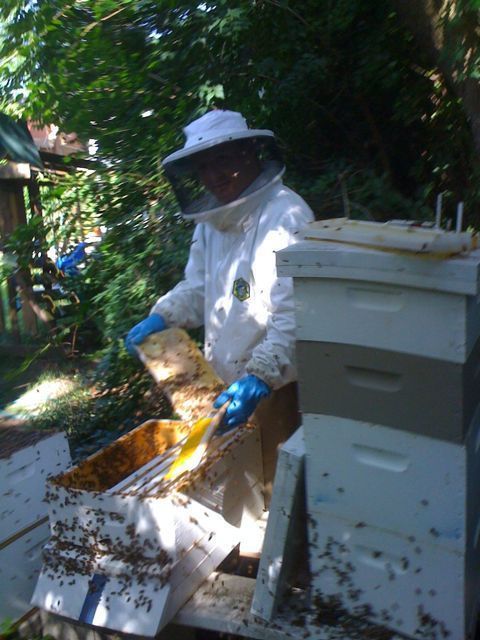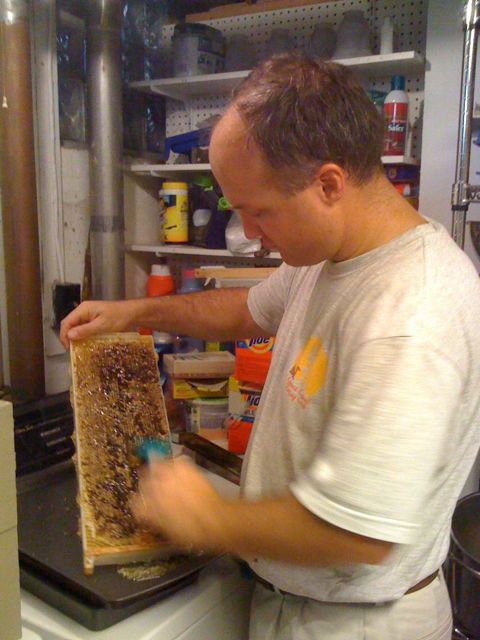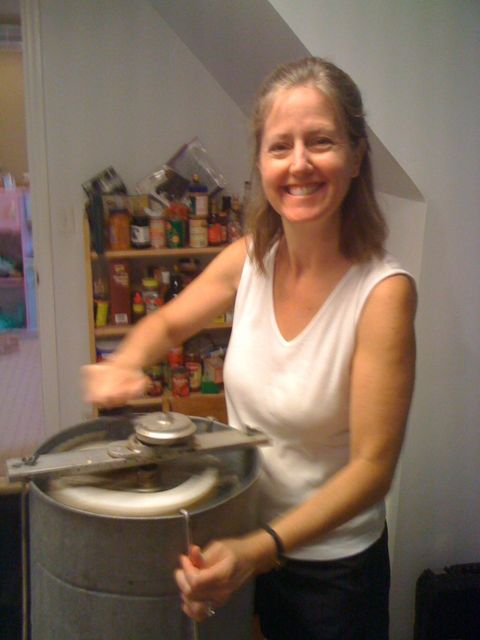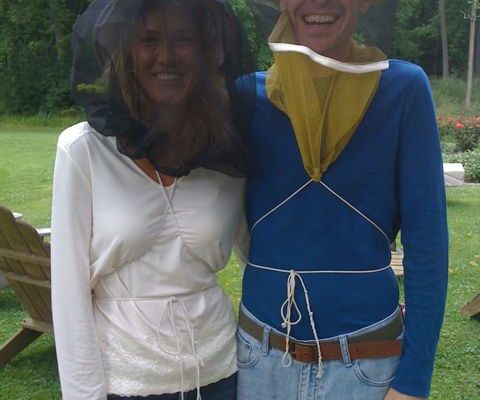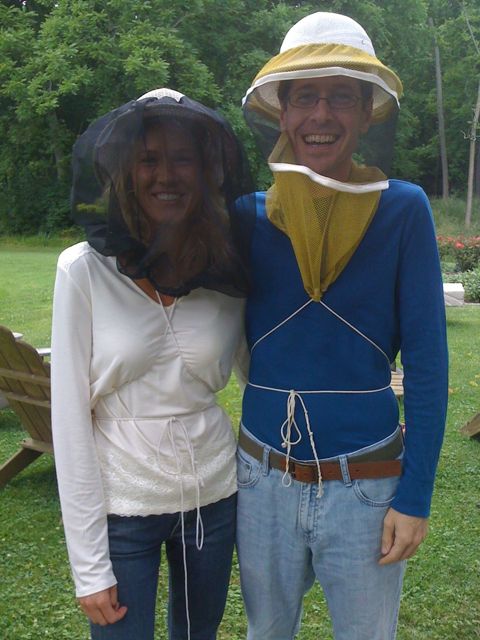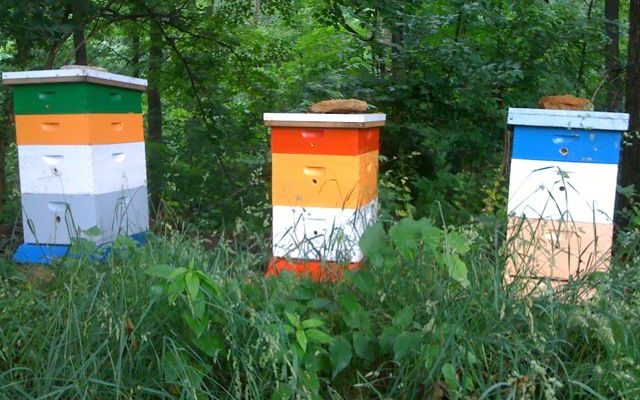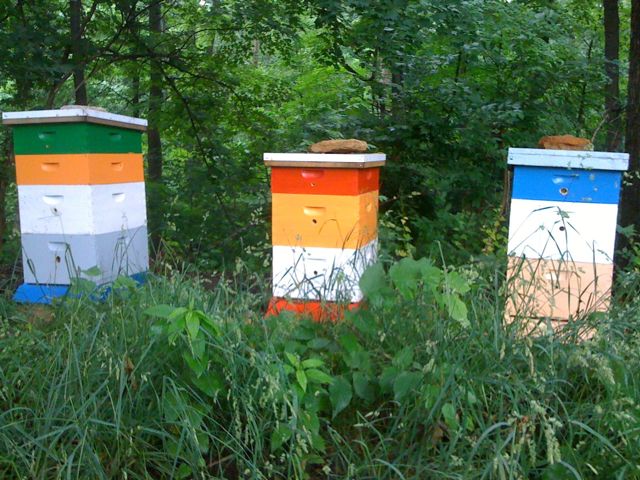My friend Wendy is thinking about keeping bees. So are my friends Heidi and Anne. So is my friend Liz. So is practically everyone I know. Frankly, every day people ask me how they can start keeping bees. Perhaps it’s time I compiled these details in a single spot.
Almost everyone I know is drawn to beekeeping because they want honey. That’s what enticed me, too. But, after only a little while, honey becomes simply a reward for doing a good job at managing the hive…honey is the celebratory by-product of an entire experience. The bees—and the experience of observing, smelling, hearing, and feeling the colony as it lives and works and makes decisions—keep us…not the honey. And you should know this: You won’t harvest honey the first year. You may not harvest honey the second year.
So, yes, I know you want some honey, Reader.
I know you also want to improve the world. And keeping bees will do that.
What you may not yet know is that keeping bees will change you—it will change the way you think and the way you live and the way you feel. I can almost guarantee it.
Here are some questions to consider as you embark. Your answers will determine how you’ll begin your adventure:
- Why do you want to keep bees?
- Yes, I know you want honey…but how much honey will satisfy you? Do you plan to sell your honey? Or do you need only enough for you and your family and perhaps a bit to give to friends.
- Where will you keep your hives (it’s best to begin with two hives…for reasons I’ll go into later)? How much room do you have for them? In other words…do you have access to a rooftop or a yard or a farm? Are your neighbors nearby, and do you have good relationships with them? Do children play in your yard?
- Bees do best in sun. They like to face East or South or Southeast. So, as you look around for a spot, keep those factors in mind.
- I like to watch my bees fly. You’ll probably want to watch yours, too. Keep that in mind as you think of a location, too.
- If there’s no water source nearby, can you provide a dependable source of water (by way of a birdbath or a water bowl)?
- How much time can you devote to your bees each week? An hour? Two?
- How much money are you prepared to spend? And if you don’t have $200-$300 for start up, are you handy with tools?
I’m too sleepy to write any more (I LOVE daylight savings time, but I’m still sleepy this morning) and you would get too bored with my suggestions right now, so…in tomorrow’s post, after you’ve thought about these questions for a bit, I’ll suggest ways to get started.
We’ll talk about ways to acquire your bees (packages, nucs, swarms, cut outs, splits) and which type of hive is best suited to your situation (Langstroth or top-bar hives…or variations on each).
Oh, and read. Read, read, read. Beekeepers are smart. Seriously. Begin with The Complete Idiot’s Guide to Beekeeping.

